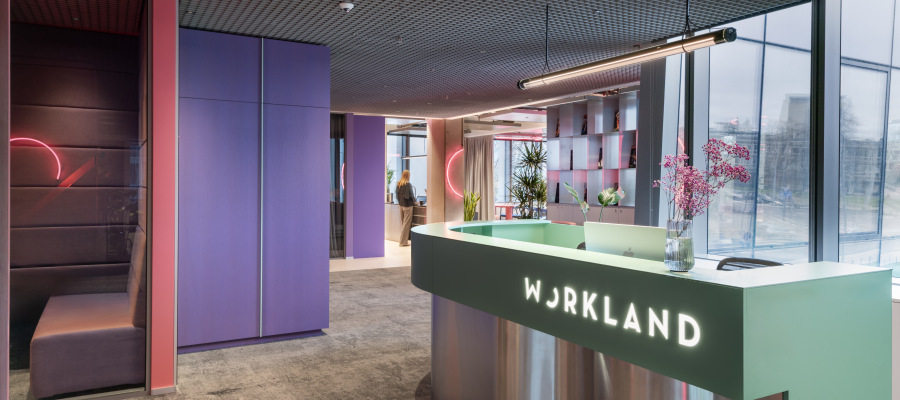We were happy to welcome the Latvian Association of Organizational Psychologists (LOPB) to Workland Telegraph to share their insights and practices for effective team-building with the Workland community. The organizational psychologist, the professional business trainer and executive coach, Uldis Pāvuls, looked into the research findings on the features of effective team communication.
He emphasized that in the short term, it is easy to measure and see the progress of a company's activities, but it is also essential to pay attention and, as far as possible, measure the long-term growth of the team's progress. For example, it's important to note whether your team experiments with different approaches to communication? Do they acknowledge that communication improves over time?
To talk about team communication, let's first look at what a team is.

The concept of the team may have various definitions. A team is usually a small group of people who work together, sharing different roles to achieve common goals. It is impossible to talk about the team if the members can work independently without cooperating. Therefore, interdependence is a prerequisite and central element in the team. And the more interdependent we are, the more effective communication we need.
The greatest challenge for the team is to reach the condition where the team is interacting with each other, not just the team leader. In addition, it is essential to know that each team member plays a role in achieving synergy and unity in the work process.

The teamwork process is becoming more and more complicated. Linear perception of teamwork has been replaced by cyclic perception. We now understand that the most successful teams are those which focus on the results of the team process rather than its inputs. This view of teamwork helps the team to move towards the so-called team drive or positive team energy level.
It means that teamwork is a continuous process that leads to success or failure. Therefore, it is necessary to establish clear rules of communication and work processes. A team should be able to manage crises effectively. In the workshop, Uldis Pavuls presented some key points from the research literature to consider when planning an internal communications strategy:
Effective cooperation starts from two words - "I" and "we".
The first step in communicating with the team is to agree on terms and conditions.
When you discuss problems, don't try to show off. Let others participate.
There are three types of information: relevant, irrelevant, and misleading.

Focus on employee engagement. When looking at team meetings, the most important thing is not what is being talked about but how it is done. An effective meeting is about exchanging ideas and questions for a better understanding of the situation, not just a long story told by one person. It is essential to provide an optimal frequency of communication. Just as important as taking a short break after the team meeting, rather than sending emails or messages to each other immediately. The break allows time for individual work and gives space to think about the discussion.
The communication model should meet the requirements of the work environment. Social dynamics and the perception of employees influences the whole team. Research has shown that using a completely identical communication model all the time turns it into a repetitive one and it's exhausting for employees. That's why it is necessary to vary the ways how the team communicates. It helps to involve participants to come up and talk about new ideas. It is also valuable if common practice for a team is to engage in positive conflicts that give the company clarity about the best possible investment.




